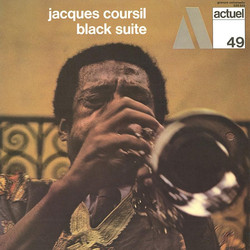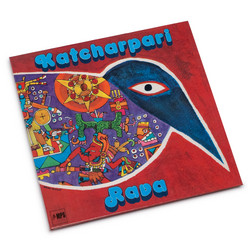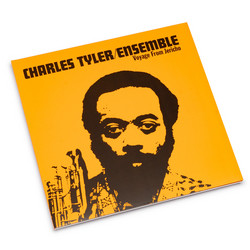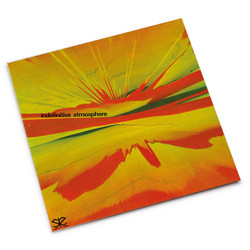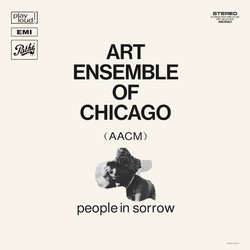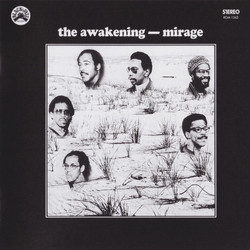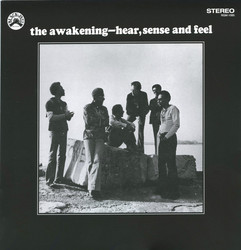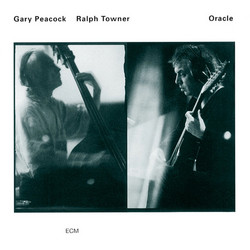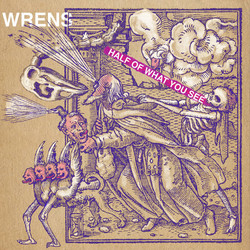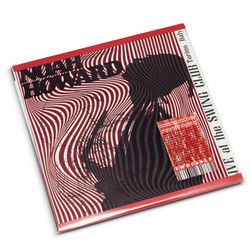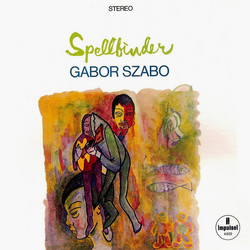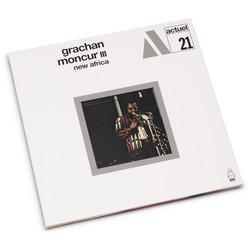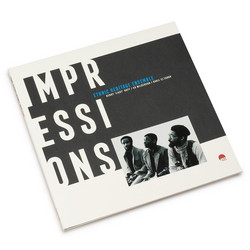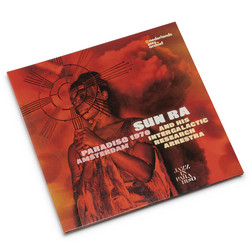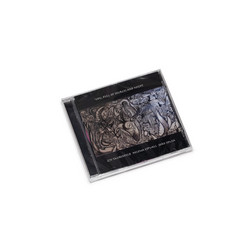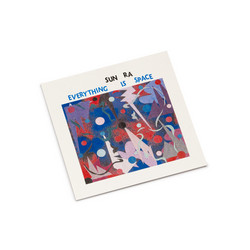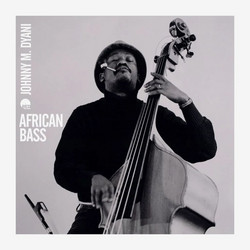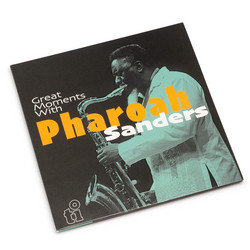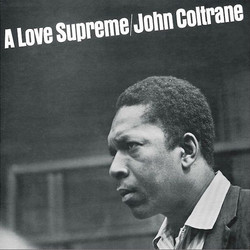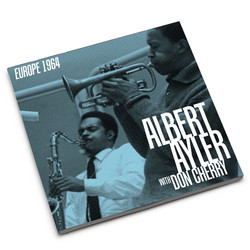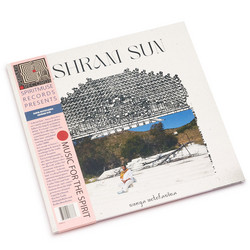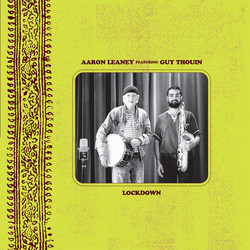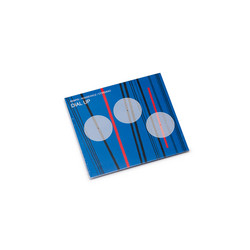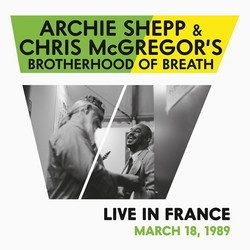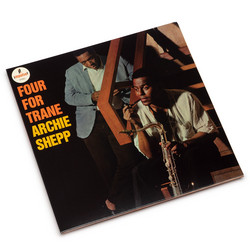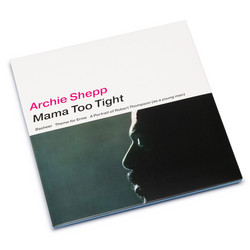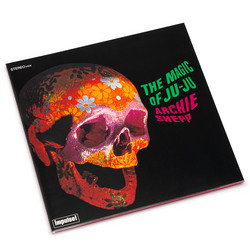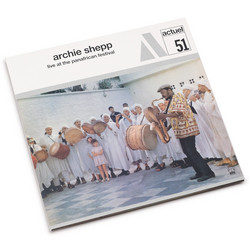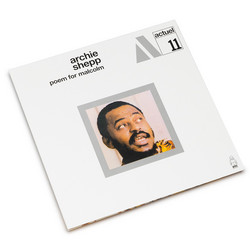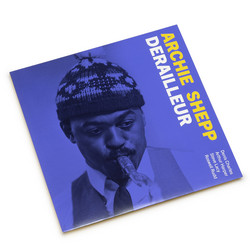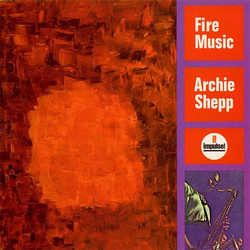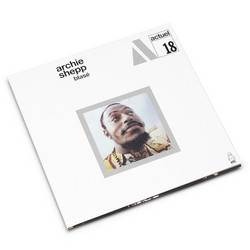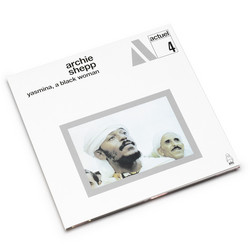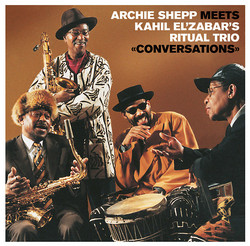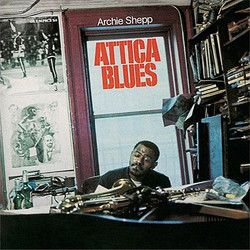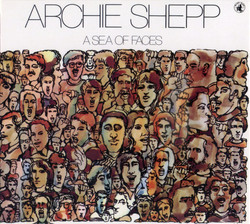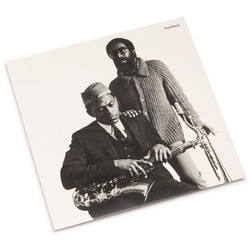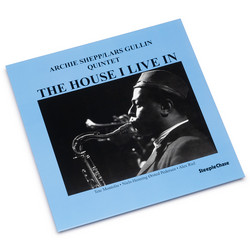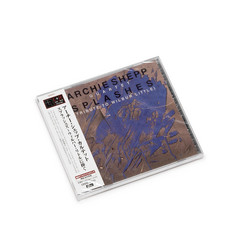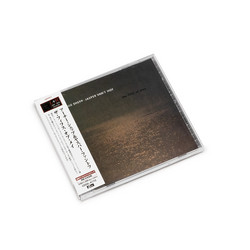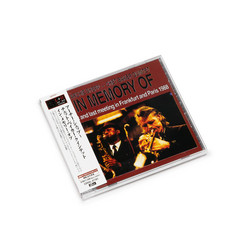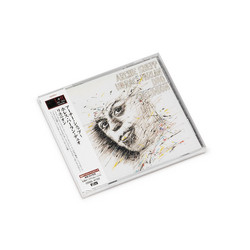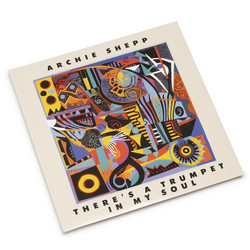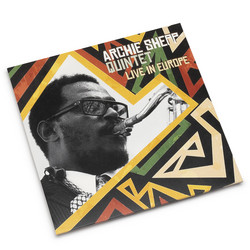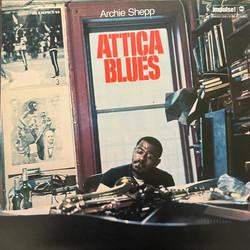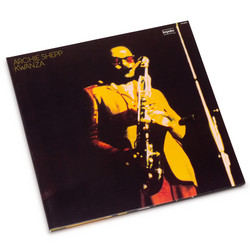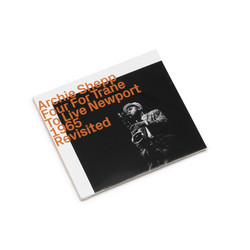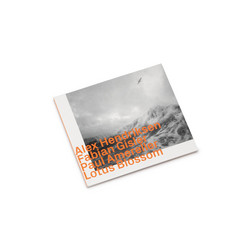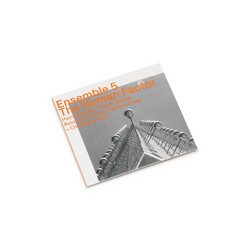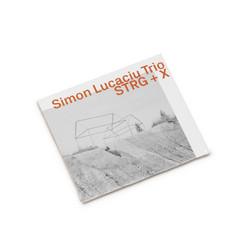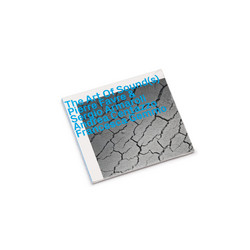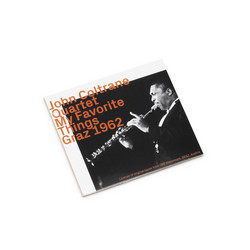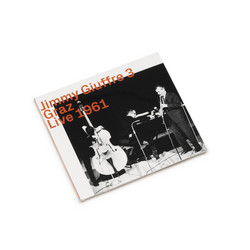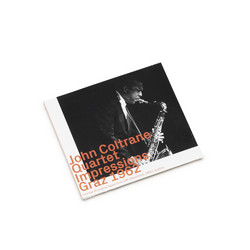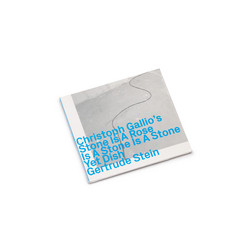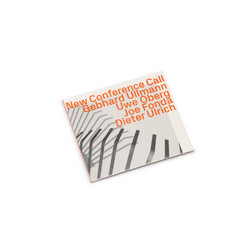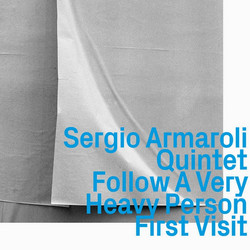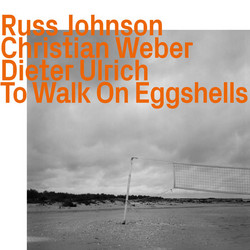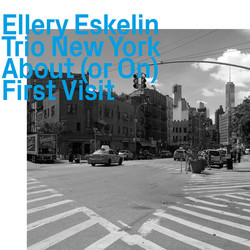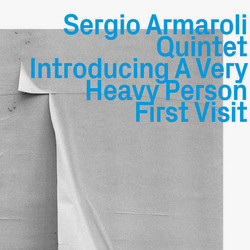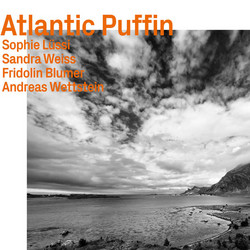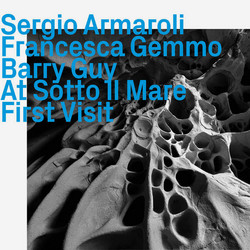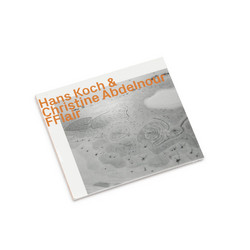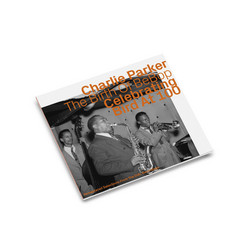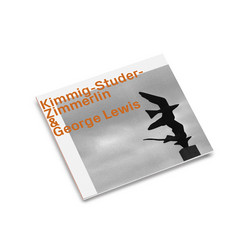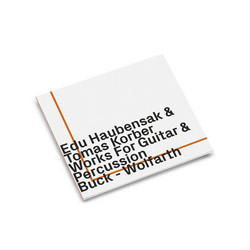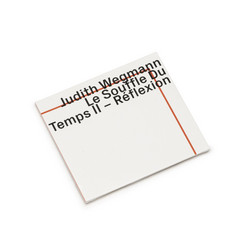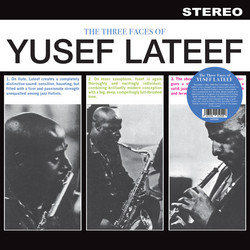Archie Shepp
The Way Ahead - Kwanza - The Magic of Ju-Ju, revisited
Temporary Super Offer! Allow me to expand on a much restated quote from Albert Ayler: "Coltrane was The Father, Pharoah was The Son, and I was...The Holy Ghost.” If we remain with the Christian iconography, that makes Archie Shepp, Simon Peter, or the Apostle Peter whom Jesus called the rock upon which he built his church. Christened by his tenure in the early 1960s with Cecil Taylor, Shepp was baptized into what we now call a modernist approach. In meeting Coltrane, a man always searching for a purity of sound, Shepp found his true path. One that was aligned with the ‘New Thing,’ but built upon a foundation of the Black experience in the musical and political history in both America and globally.
Coltrane connected Shepp with the Impulse! jazz label and he recorded Four For Trane in August of 1964. Not by coincidence Marion Brown would deliver the Impulse! recording Three For Shepp in 1966. Shepp would soon be invited to record with Coltrane in December 1964 at the Love Supreme sessions (a version which would not be available to listeners for nearly forty years) and on Ascension in 1965. By 1967 Coltrane was gone and Ayler, too, dead in 1970. It was up to Pharoah Sanders and Shepp to carry the message of this new universal music.
For Shepp, his focus on the Afrocentric experience in music preaches both the new and old testament, as evidenced by these revisited recordings. His sound draws from spirituals and blues as much as it does free jazz and fire music. It is always an activist music, as Shepp was/is always an activist.
The English poet Lord Byron once wrote, “The prophet of the future is the past.” Indeed, the music revisited here centers Shepp as a proper oracle. The three studio recording sessions, Magic Of Ju-Ju (April, 1967), The Way Ahead (January, 1968), and Kwanza (February, 1969) show evidence of Shepp’s devotion to the past and also his commitment to the future.
Consider Shepp’s piano-less version of Duke Ellington’s “Sophisticated Lady,” a song first introduced in 1933 by the orchestra leader. The saxophonist’s rendition is mindful of the song’s long established tradition. It had been lovingly covered by the greats such as Art Tatum, Thelonious Monk, Charles Mingus, and Billie Holiday. Shepp adds to the composition’s heritage by his careful interpretation, keeping the presentation honest and uncomplicated. His delivery may not be what New Thing loyalists expected, but Shepp must certainly have studied the words of Marcus Garvey, “A people without the knowledge of their past history, origin and culture is like a tree without roots.” Those roots, both musically and culturally would be inspiration for much of the music Shepp made throughout his legendary career.
“New Africa” by Grachan Moncur III from the Kwanza recording features the piano of Dave Burrell, another modernist who knows the traditions of past. The music opens with Shepp’s vocalizations before a four horn frontline of Charles Davis, Moncur, Jimmy Owens, and the saxophonist knot together an ever rising joyful prayer. From the same session, Cal Massey’s “Bakai” expands upon a familiar Ellington locomotion pulse, a sound Shepp’s compatriot Charles Mingus would often draw upon. The saxophonist commits here to an ensemble sound, tempering his outward tendencies with an accessible mix of instruments.
From The Way Ahead studio sessions we get Shepp’s composition “Fiesta,” Walter Davis, Jr.'s “Damn If I Know (The Stroller),” and Moncur’s “Frankenstein.” “Fiesta” kicks off with Roy Haynes’ incendiary drums that act as an accelerant for Shepp’s fiery tenor before we hear Moncur’s trombone and Owens’ trumpet weave a welcoming orchestration. The blues-drenched “Damn If I Know (The Stroller)” with Walter Davis Jr.’s accompaniment is an absolute cry of heart stopping emotion, which comes as much from a Coleman Hawkins/Ben Webster tradition as it does from the new thing. Likewise “Frankenstein” is evidence of Shepp’s synthesis of fire music with traditional methods. His attention outward, to free music is deftly counterbalanced by his orchestration and arrangements of each composition.
Finally, let’s consider “The Magic Of Ju-Ju.” Shepp’s tenor fills more than a quarter of an hour preaching his free jazz fire accompanied by one, two, then five percussionists including Norman Connors, Beaver Harris, Frank Charles, Dennis Charles, and Ed Blackwell swirling a hypnotic amalgam of percussive energy. It is not until the closing minutes that Martin Banks’ trumpet and Mike Zwerin’s trombone enter to bring the affair to a conclusion. Did Shepp’s music (like that of Albert Ayler and Pharaoh Sanders) influence Coltrane’s later experiments with Rashied Ali, or did Coltrane’s later music influence Shepp? The answer is yes, and also yes. This holy family liked to share and share alike. - Mark Corroto, September 2022
The Way Ahead:
Archie Shepp - tenor saxophone
Jimmy Owens - trumpet
Grachen Moncur III - trombone
Walter Davis - piano
Ron Carter - double bass
Beaver Harris - drums on 1 & 2
Roy Haynes - drums on 2 & 4
Recorded in New York City, on January 29, 1968.
Kwanza:
Archie Shepp - tenor saxophone
Charles Davis - baritone saxophone
Jimmy Owens - trumpet
Grachen Moncur III - trombone
Dave Burrell - piano
Walter Booker - double bass
Beaver Harris - drums
Recorded in New York City, on February 26, 1969.
The Magic Of Ju-Ju:
Archie Shepp - tenor saxophone
Martin Banks - trumpet, flugelhorn
Michael Zwerin - trumpet, trombone
Reggie Workman - double bass
Beaver Harris - drums
Norman Connor - drums
Eddie Blackwell - rhythm logs
Franck Charles - talking drums
Dennis Charles - percussion
Recorded in New York City, on April 26, 1967.
CD-master by Michael Brändli, Hardstudios AG
Cover photo by Roberto Polillo CTSimages
Liner noters by Mark Corroto; graphic concept
by fuhrer vienna; Associate producer
Christian C. Dalucas; Executive producer:
Werner X. Uehlinger.
Honorary producer: Bernhard “Benne” Vischer

